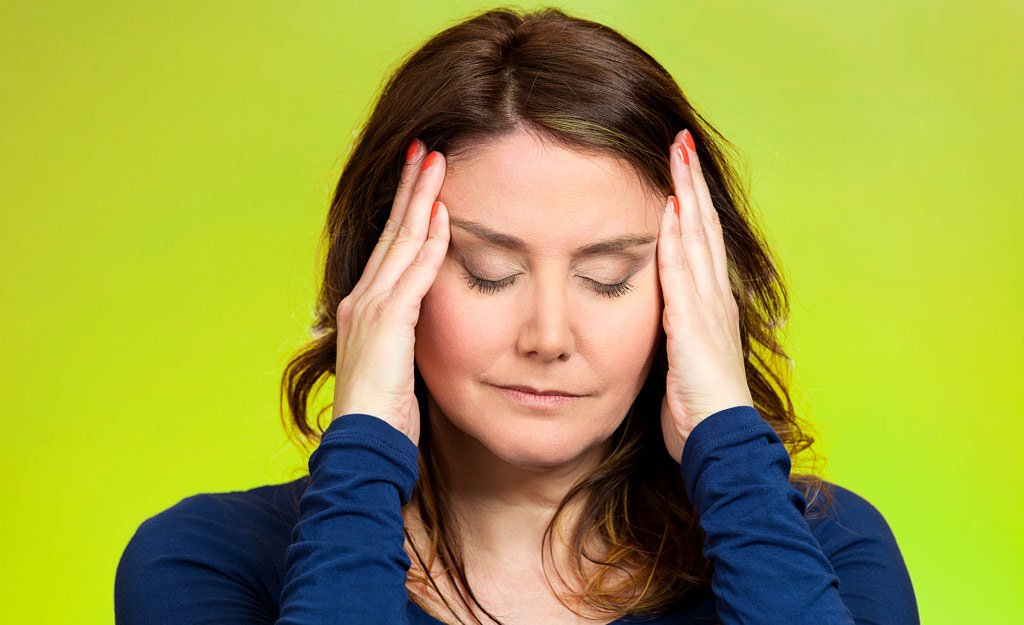Hormonal Imbalance: A Silent Epidemic
There is a silent, public health epidemic occurring in women all over the world.
Largely unrecognised and ignored by conventional medicine, hormonal imbalance affects 85% of women at some point in their lives.
Most women suffer from some degree of hormonal imbalance. Due to this fact, hormonal imbalance is often considered a ‘normal’ part of every woman’s life. But are these women destined to suffer in silence? How can a health condition affecting millions remain largely ignored?
Hormonal imbalance affects more people than diabetes, heart disease, and cancer put together, yet a correct diagnosis and effective treatments are rare.
Hormonal imbalance is considered a taboo subject, too dangerous to discuss for fear of repercussions and judgment. Most women feel too embarrassed to talk about the way they are feeling. As a result, hormonal imbalance suffers the same public stigma as depression and mental health issues.
Hormonal imbalance has very real physical mechanisms causing the symptoms – it is not just another misunderstood mental health issue. Symptoms include erratic mood swings, emotional instability, depression, anxiety, irritability, melancholy, and anger. These conditions often manifest with other physical symptoms such as pain, cramping, bloating, flushing, acne, weight gain, aches, and fatigue.
Why the symptoms?
The human body does not create symptoms by accident. It creates symptoms as a coping mechanism for deeper imbalances. Hormonal imbalance is affecting the lives of millions of women on a daily basis. Sadly, the symptoms of hormonal imbalance are contributing to marriage and relationship breakdowns, disharmony in the home and work environments, increased sick days and general discontentment with life.
Symptoms of hormonal imbalance are not normal and need not exist in a balanced, healthy individual.
For decades, women have simply accepted these symptoms as part of ‘being a woman’. But women no longer have to suffer in silence – there are effective medical and alternative treatments that can address the root cause of hormonal imbalance and not just its symptoms.
Take the time to complete our complimentary Hormonal Assessment to start managing your hormonal health better.

REFERENCES:
Santoro, N., 2016. Perimenopause: From Research to Practice. Journal of women's health, [Online]. 25(4), 332–339.
https://www.ncbi.nlm.nih.gov/pmc/articles/PMC4834516
Gava, Orsili, Alvisi, Mancini, Seracchioli, Meriggiola, G., 2019. Cognition, Mood and Sleep in Menopausal Transition: The Role of Menopause Hormone Therapy. Medicina, [Online]. 55(10), 668.
https://www.ncbi.nlm.nih.gov/pmc/articles/PMC6843314/























